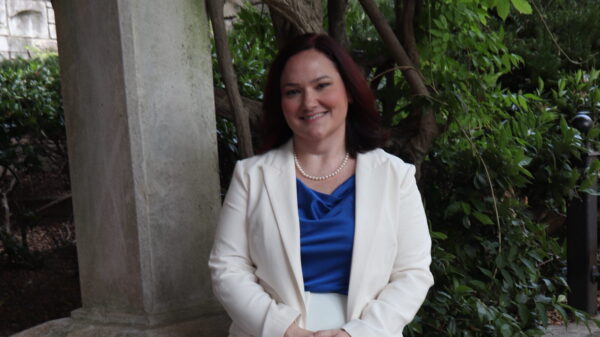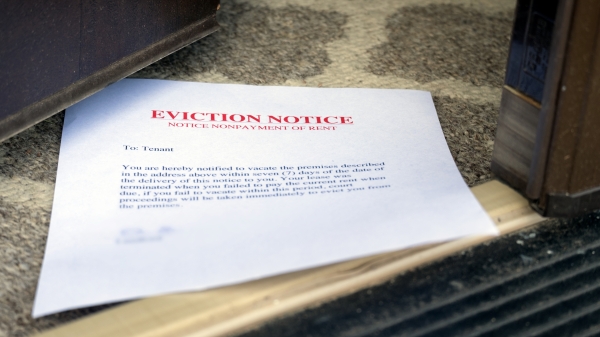By Larry Lee
Education Matters
As I turned the pages of Reign of Error, the Hoax of the Privatization Movement and the Danger to America’s Public Schools by Diane Ravitch, I kept having a mental image of an editorial cartoon showing two groups staring across a deep crevasse at one another.
On one side stand former Florida Governor Jeb Bush, flanked by U.S. Secretary of Education Arne Duncan and former Washington D.C. school chancellor Michelle Rhee. Behind them is a battalion of public relations folk each pushing a wheel barrow loaded with money. These are the “corporate reformers.”
On the other stand an army of educators, parents and local citizen groups brandishing wash boards, rolling pins and Ipads. They are led by a 75-year-old grandmother (Ravitch) atop a mound of research reports, books and data. These are the “loyal opposition.”
A former assistant secretary of education under President George H.W. Bush, Ravitch leaves no doubt in her latest book that there is a war raging across this country as to the future of public education. A war that is more about money than about education.
She says, “Public education, established in America’s towns and villages in the mid-nineteenth century…is now in jeopardy. Under the cover of ‘choice’ and ‘freedom,’ we may lose one of our society’s greatest resources, our public school system—a system whose doors are open to all.”
Lending credibility to Ravitch’s concern about the role of money in todays’ education equation is the statement of Rupert Murdock, CEO of News Corps and a major player in “corporate reform,” “When it comes to K-12 education, we see a $500 billion sector in the U.S. alone that is waiting desperately to be transformed by big breakthroughs…”
Ravitch cites example after example of vast amounts of dollars being used to elect reform friendly school boards, lobby for policy changes and keep the PR machine humming.
In Tennessee, Michelle Rhee’s group, StudentsFirst, spent $900,000 on legislative races. In California, $250,000 came from out-of-state to defeat an incumbent school board member in Santa Clara County. In Ohio, the owner of a for-profit charter school chain that gets $100 million annually from the state made $3 million in campaign contributions over 10 years. In the state of Washington, a charter school initiative was backed by $11 million PR effort. New York Mayor Michael Bloomberg contributed $1 million to a school board race in Los Angeles.
“A small number of billionaires have poured millions of dollars into political campaigns across the nation, using the positive rhetoric of ‘reform’ and images of happy children in neat uniforms to advance their agenda,” says Ravitch.
Of course, to usher in sweeping change you must first convince the public that a crisis is at hand. Such an effort has been underway for years, as pointed out nearly 20 years ago by David Berliner and Bruce Biddle in The Manufactured Crisis, Myths, Fraud, and the Attack on America’s Public Schools.
The “reformers” contend that American education is in crisis. Ravitch says facts do not back up such claims and for more than 300 pages, painstakingly shoots down claims about merit pay for teachers, vouchers, charter schools, increasing privatization of public education, test scores and more with research and nationally-recognized data.
This is where Ravitch is really in her element as, in addition to her experience in Washington, she is one of the nation’s leading education historians, author of 10 books and recipient of nine honorary degrees.
Ravitch concludes by offering details on common sense and research supported approaches to improving public education with ideas on early childhood education, class size, curriculum, strengthening the education profession, school governance and more.
To me, the most telling passage in the entire book is on page 324, “The way forward requires that education policy be shaped by evidence and the knowledge and wisdom of educators, not by a business plan shaped by free-market ideologues and entrepreneurs.”
All we have to do in Alabama is look back at the passage of the Alabama Accountability Act to see the truth in this statement.
If you truly care about this state’s future, get two copies of this book. Read one and give the other to your state Representative or Senator, then call a community meeting to discuss education with him or her.
(Full disclosure. I serve on the board of a national education group, The Network for Public Education, with Diane Ravitch.)
Larry Lee led the study, Lessons Learned from Rural Schools, and is a long-time advocate for public education and writes about education issues.



















































